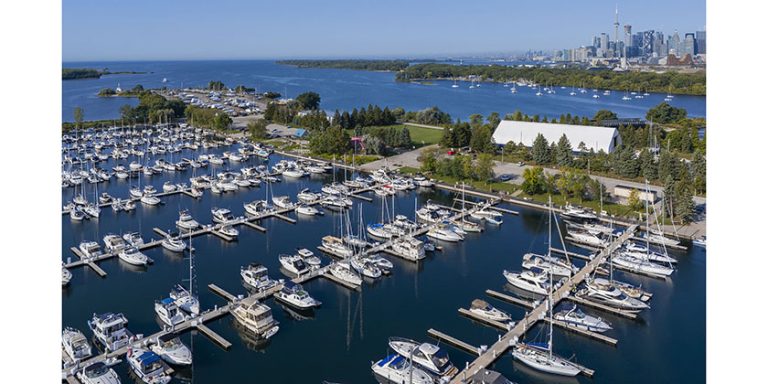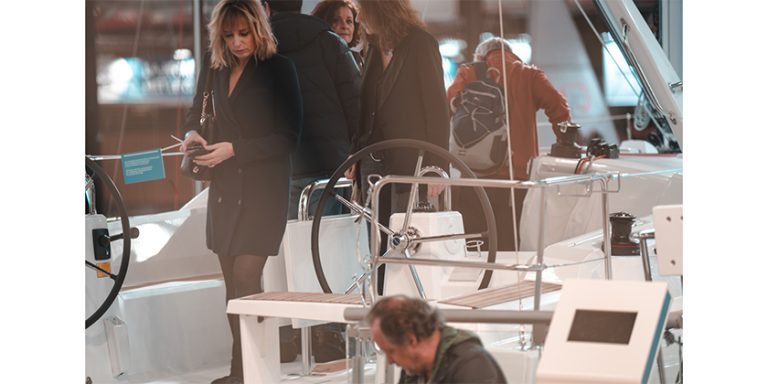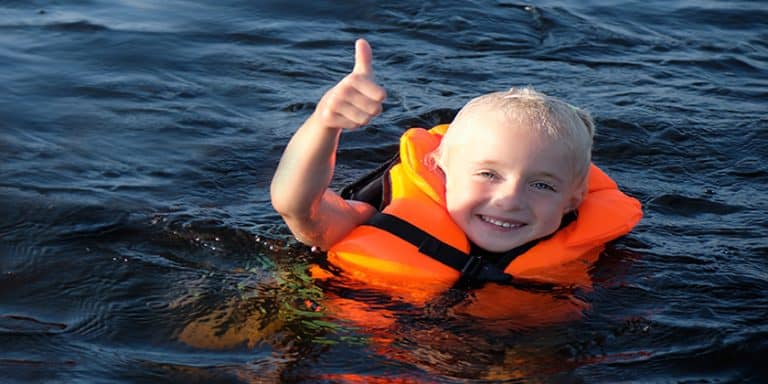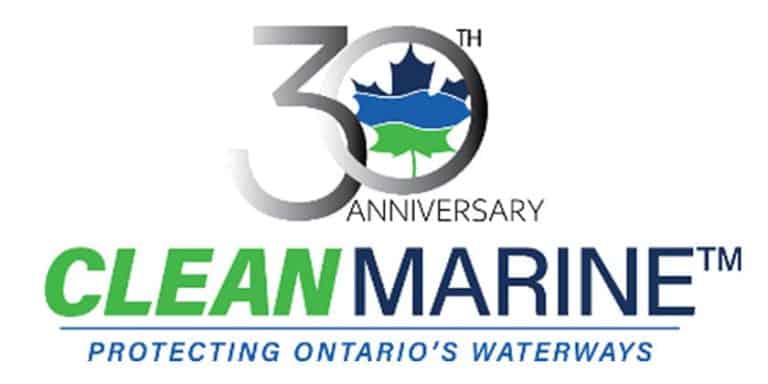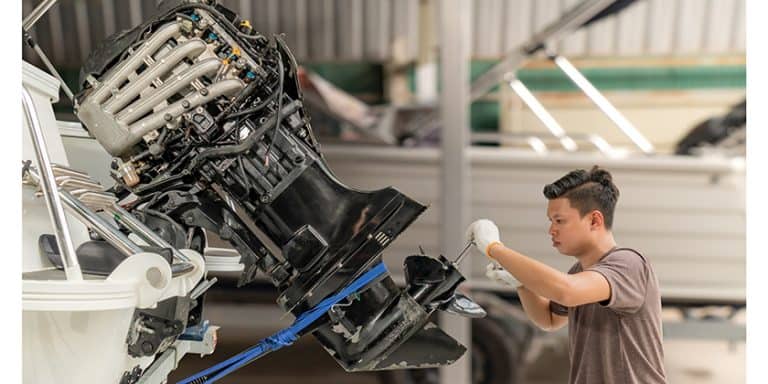Paving the Way to Cleaner Boating – How a Commitment to Reducing our Environmental Impact is Inspiring Cleaner Boating in Ontario
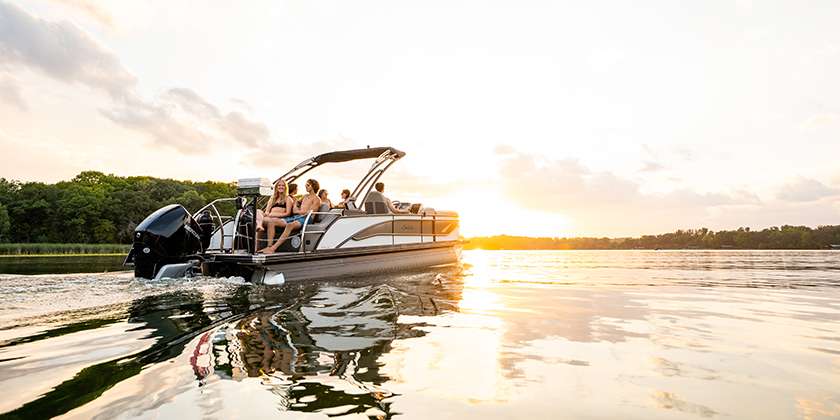
By Dave Rozycki
Over the past seven decades, Ontario’s marina industry has developed alongside some of Canada’s largest freshwater lakes. Boaters have been able to enjoy the beautiful scenery and create lasting memories on the water, with certain marinas dating back to the 1960s. As we reflect on this rich history, we can begin to see trends in how our footprint may have had an effect on the environment, in not-so-positive ways. However, by embracing innovative solutions and adopting sustainable practices, both marinas and boaters hold the key to preserving and enhancing the quality of our lakes and marine life for generations to come.
At Maple Leaf Marinas, we take great pride in leading the charge toward creating a more sustainable boating experience at each of our 20 locations. From providing comprehensive staff training on responsible fuel handling, waste oil recycling, and spill remediation, to exploring alternatives to single-use plastics, such as shrink wrap. We are investing in the removal of underground fuel tanks and installing more eco-friendly, aboveground tanks with containment reservoirs at all of our locations. We value knowledge, education, and innovative solutions at the heart of our operations to foster a culture of sustainability.
We are becoming increasingly vigilant when it comes to reducing the amount of plastics we dispose of in landfills yearly, due to the number of boats we winterize each fall. This awareness has pushed our teams to find innovative solutions to help alleviate waste, such as investing in the infrastructure of new covered rack storage buildings and heated storage facilities. Over the past three years alone, we’ve constructed 500 new racks and added 30,000 square feet of indoor storage, offering boaters sustainable alternatives to shrink-wrapping. Moreover, we’ve forged partnerships with recycling facilities to ensure that the shrink wrap we do use finds a second life. Collaborating with facilities in Toronto, we’ve facilitated the transformation of used shrink wrap into construction blocks, benefiting communities in need worldwide.
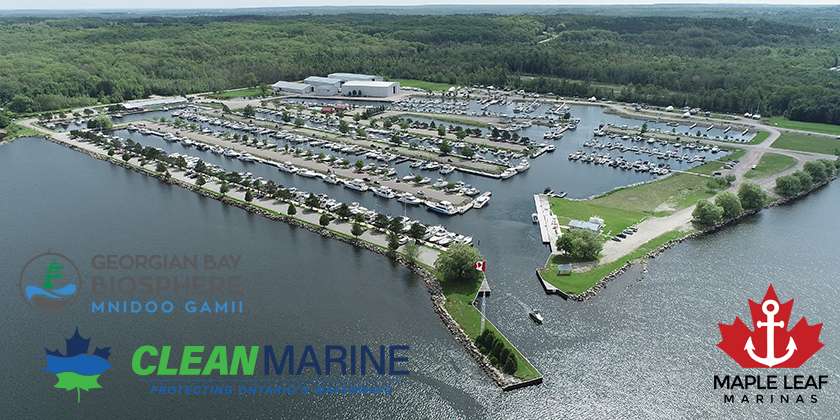
Upon acquiring a new property, one of our first action items is to complete a comprehensive three-phase environmental assessment process. We conduct historical assessments to identify any potential issues, followed by thorough environmental site assessments involving soil and groundwater sampling. If contaminants are found, we swiftly move to phase three, remediation, ensuring that the site is restored to its natural state and ongoing monitoring is in place to safeguard its environmental health. By placing a high priority on this assessment, we can contribute to improving the quality and health of our waterways in a manner that may have been challenging for previous owners to achieve.
As environmental awareness increases among the marina community, numerous marinas and boaters are discovering ways to minimize their environmental impact. Initiatives like Boating Ontario’s Clean Marine Program, The Great Lakes Clean Up Project, and efforts by the Georgian Bay Biosphere, are making it simpler for boaters to select environmentally responsible marinas or actively participate in improving their boating community’s sustainability.
With its launch in 1995, Boating Ontario began inspiring marinas to start thinking about the health of their marina and promoting ways for them to become more sustainable. With this, marinas have been voluntarily taking the 200-point assessment to achieve one of four eco-rating statuses over the last three decades, with Diamond Elite holding the highest value.
The Great Lakes Plastic Cleanup Project, offers marinas the opportunity to tackle plastic pollution within their marinas. This initiative is more than just a cleanup effort—it’s about actively participating in the preservation of our environment for generations to come. As we collect litter from our marinas, we’re not only cleaning up our waterways but also contributing to a sustainable future. The plastics we recover are carefully analyzed by the company to further understand our impact and help safeguard the Great Lakes region and its pristine beauty.
Another notable organization is the Georgian Bay Biosphere (GBB) which has been instrumental in fostering collaborative efforts to protect the natural beauty and ecological integrity of our cherished waterways in the eastern Georgian Bay region, since 1998. Maple Leaf Marinas is proud to support the GBB’s mission, recognizing the invaluable role they play in informing, educating, and providing leadership that has contributed to the creation of vibrant and sustainable communities along the shores of Georgian Bay.
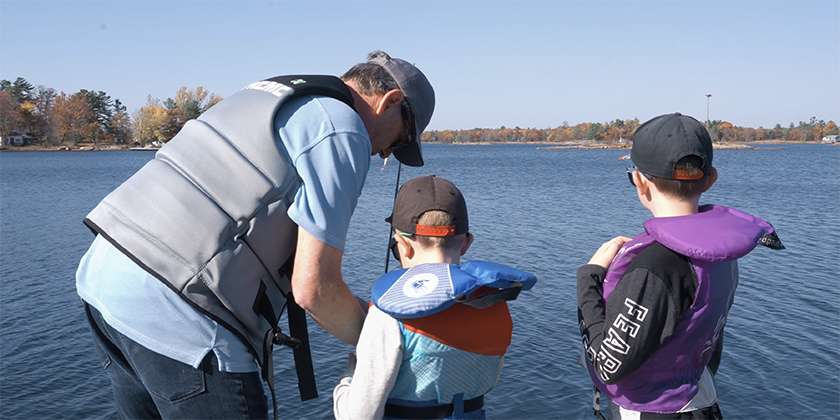
The journey towards a more sustainable future for our waterways and the marina industry is one that requires collective effort and unwavering dedication. As stewards of our lakes and marine life, it is our responsibility to embrace innovative solutions and adopt sustainable practices that not only minimize our environmental footprint but also enhance the quality of our waterways for generations to come.

